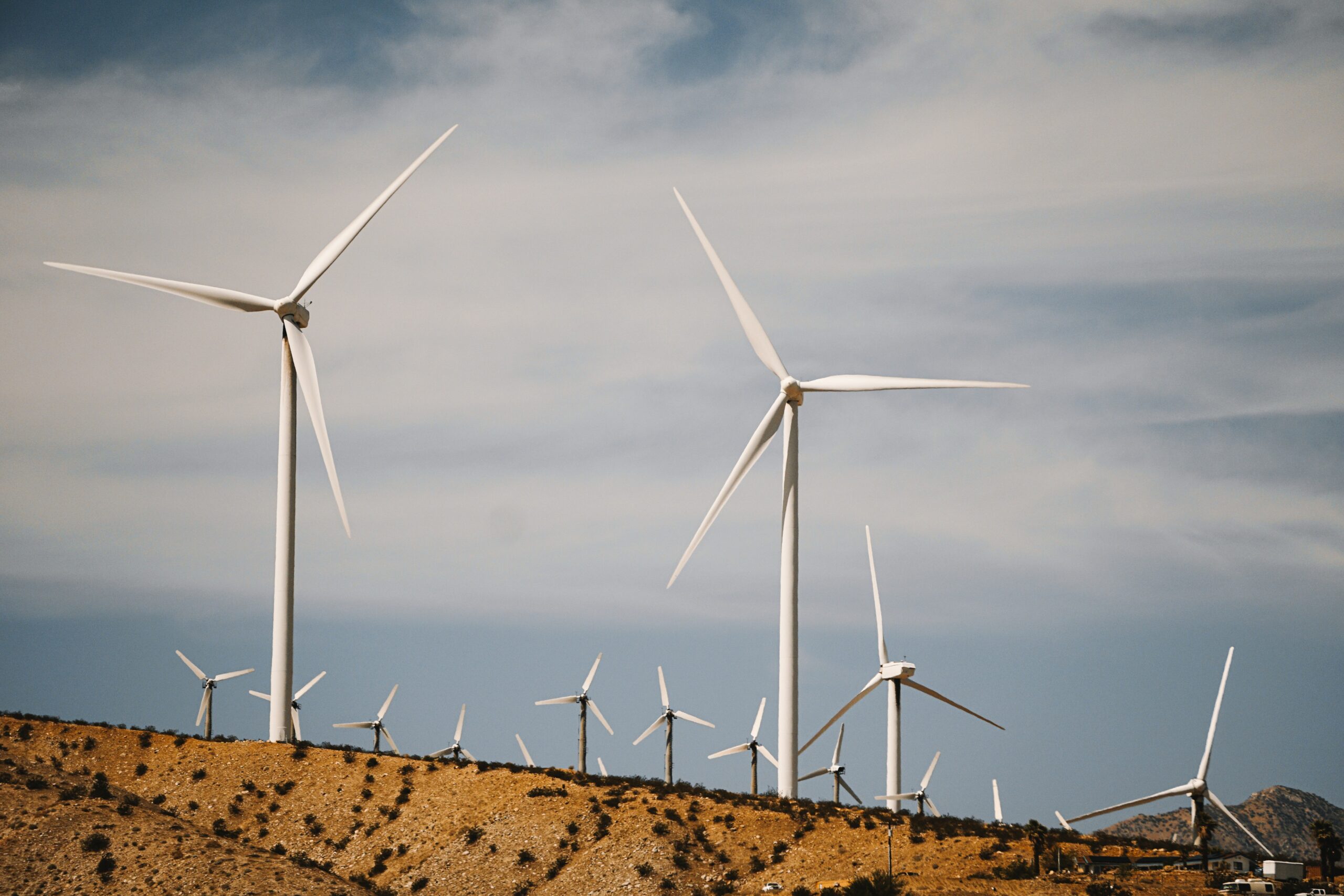
In driving wind energy initiatives, TAQA Libya is focusing on several areas: utility-scale wind farms to provide significant power capacity and strengthen the national grid, off-grid solutions to deliver electricity to remote regions and industrial sites, integration with existing infrastructure to balance renewable and conventional power sources, technological advancement through the use of modern turbines and energy storage systems, and a strong commitment to sustainability, ensuring that wind projects minimize environmental impact while maximizing long-term energy security.
Utility-Scale Wind Farms
Large wind farms are being planned to generate significant amounts of electricity, directly feeding into the national grid and reducing reliance on oil and gas power plants.
Off-Grid and Remote Solutions
Wind power projects will target rural and underserved areas, providing independent and sustainable electricity where traditional infrastructure is limited or unavailable.
Integration with Existing Infrastructure
Wind energy will be combined with existing oil, gas, and solar systems to create hybrid energy models, ensuring a stable and efficient power supply.
Technological Innovation
TAQA Libya aims to deploy advanced wind turbines, energy storage, and smart-grid systems to maximize efficiency and reliability in power generation.
Environmental Responsibility
All wind energy projects will prioritize sustainability, ensuring minimal disruption to the natural environment while delivering long-term energy benefits.